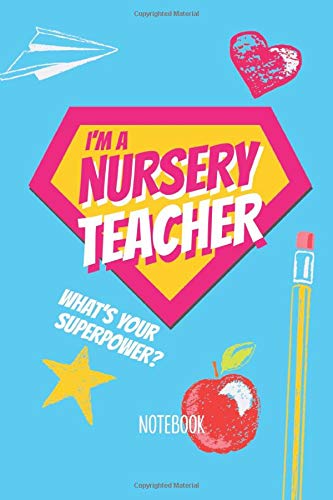
Let’s celebrate National Apprentice Week!
I love apprentices… …especially the LEYF apprentices. They are the next generation of Early Years teachers and, in my experience, they are amongst some of the best new…
August 22nd 2024
The drive for the childcare expansion pushes on despite the worries about sufficient staff. However, while our concern about staff sufficiency remains flashing amber, our new flashing red is highlighting the seeming poor quality of newly qualified staff.
I thought it might be a London thing but clearly, it’s not. I was talking to colleagues across England and Ireland who are concerned about the same thing. They also raised a disconnect between Government advisors and training agencies perception of the issue with that of us on the ground.
Over the past year we have seen newly qualified staff arrive in the nursery who have some grasp about inclusion and equal opportunities but know very little about child development (which is essential if you are to include children fairly).
Furthermore, they appear to have limited knowledge about how children learn except for a weak grasp of play, never heard of key theories such as attachment theory and overall, have an insecure understanding of the art, craft and science of Early Years teaching. This is a huge worry, especially if the sector is expanding to take children aged 9 months from September.
Like the children, adults need high quality teaching and learning experiences. They need to attain qualifications that are credible. But fancy qualifications hold no validity if the person with the certificate cannot demonstrate knowledge and understanding.
Don’t get me wrong. Of course, we have some brilliant talent entering the sector who each bring a sense of fun, energy, imagination, empathy and patience to their role but, I am of the opinion, that improving the standard and quality of training available to Early Years workers is vital if the ambitious targets for the workforce expansion is to be met.
We are seeing things from both sides at LEYF because we have nearly 1,000 staff and train many of them, including an average of 100 apprentices and we deliver CPD, training and qualifications through the London Institute of Early Years (LIEY) so we see the issues from both sides; but we like to complete collaborative research about the bigger issues with a range of colleagues and the jury is out on CPD design that effectively anchor change in practice.
Let’s think deeply and unemotionally about this. Is this a national problem? Can we do our research together? Should we host a roundtable on this? Would you come? How can we establish the real truths so we can address the actual issue?
Write to me at LIEY and we can have a bigger conversation.

I love apprentices… …especially the LEYF apprentices. They are the next generation of Early Years teachers and, in my experience, they are amongst some of the best new…

Covid took off its invisible cloak on the 23rd of March when the country retrenched into lockdown. Now, six months later, with the battle partly won, the country has to…

Unpacking The Twoness of Twos The Government has agreed to continue the roll out of funded places for two-year-olds, with talk of putting them into schools.